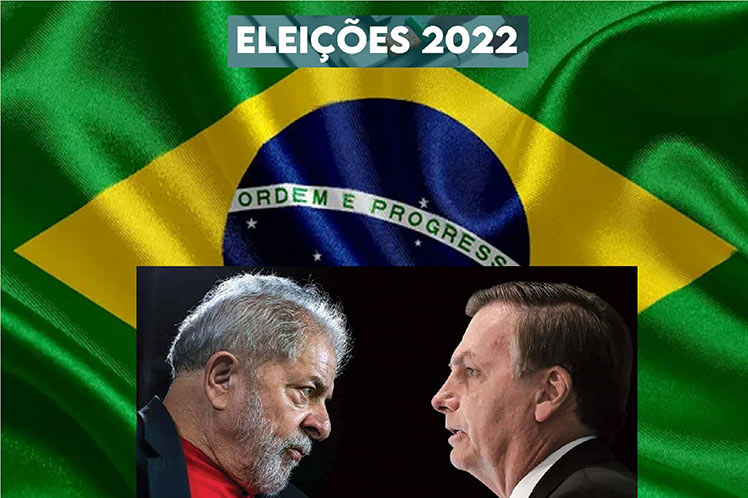Voters will have the opportunity to designate a new President as the 39th in Brazil’s history, or propitiate the continuation of Bolsonaro’s mandate for another four years.
A president and a vice president, governors and vice governors of the states and the Federal District, as well as senators, federal deputies and state legislators will be elected.
Over the months, da Silva, presidential candidate of the Workers’ Party, and Bolsonaro, of the Liberal Party, led in that order the preferences of voters, according to almost all polls of voting intentions.
Da Silva’s advantage over Bolsonaro ranged between 3.7 and 16 points.
According to the latest survey by the Intelligence Research and Strategic Consulting Institute (IPEC), published on Saturday, da Silva has 51 percent of the valid votes, down one point from 52 previously, compared to the September 27th survey, while Bolsonaro has 37 percent support (previously had 34).
It is not possible to say whether there will be a second round, scheduled for October 30th, IPEC stated.
pgh/llp/oda/ocs










